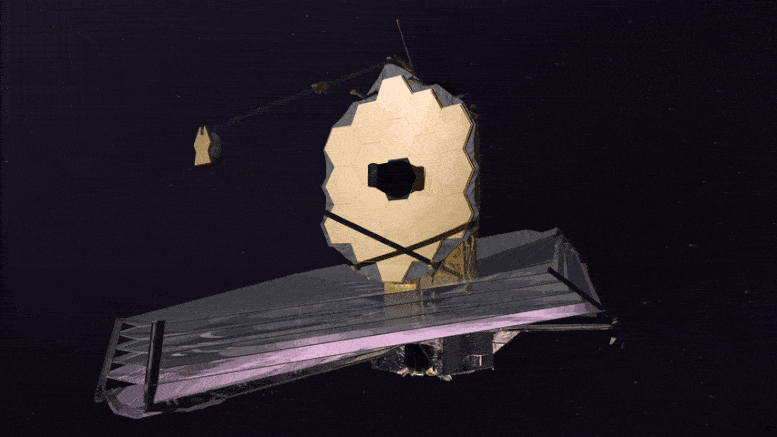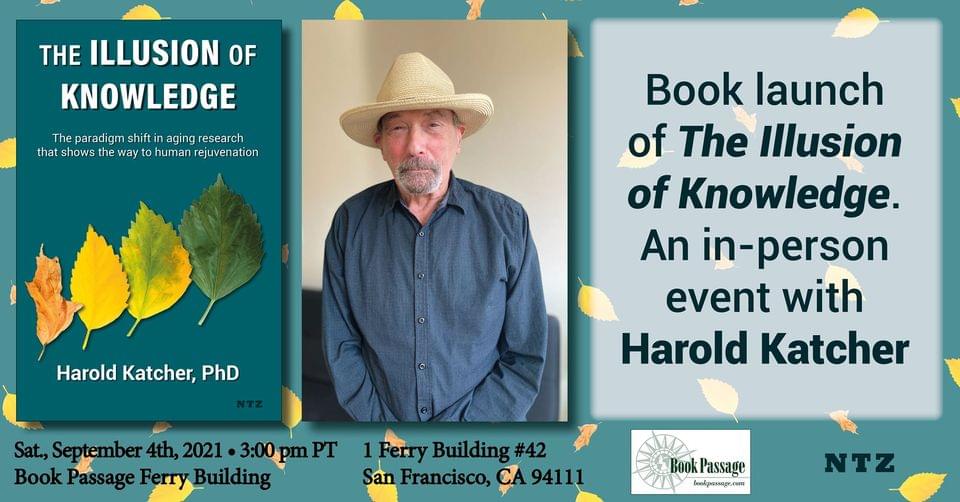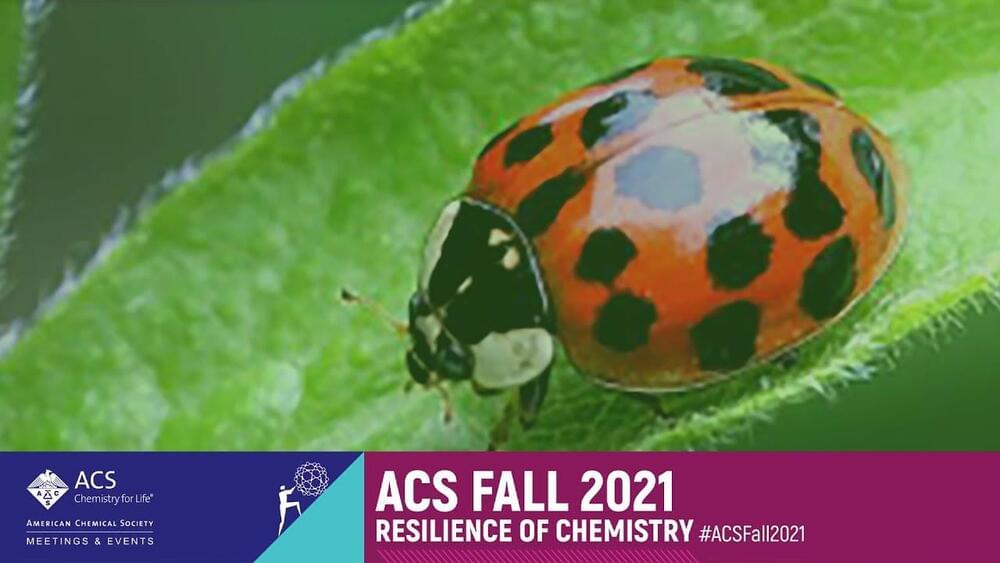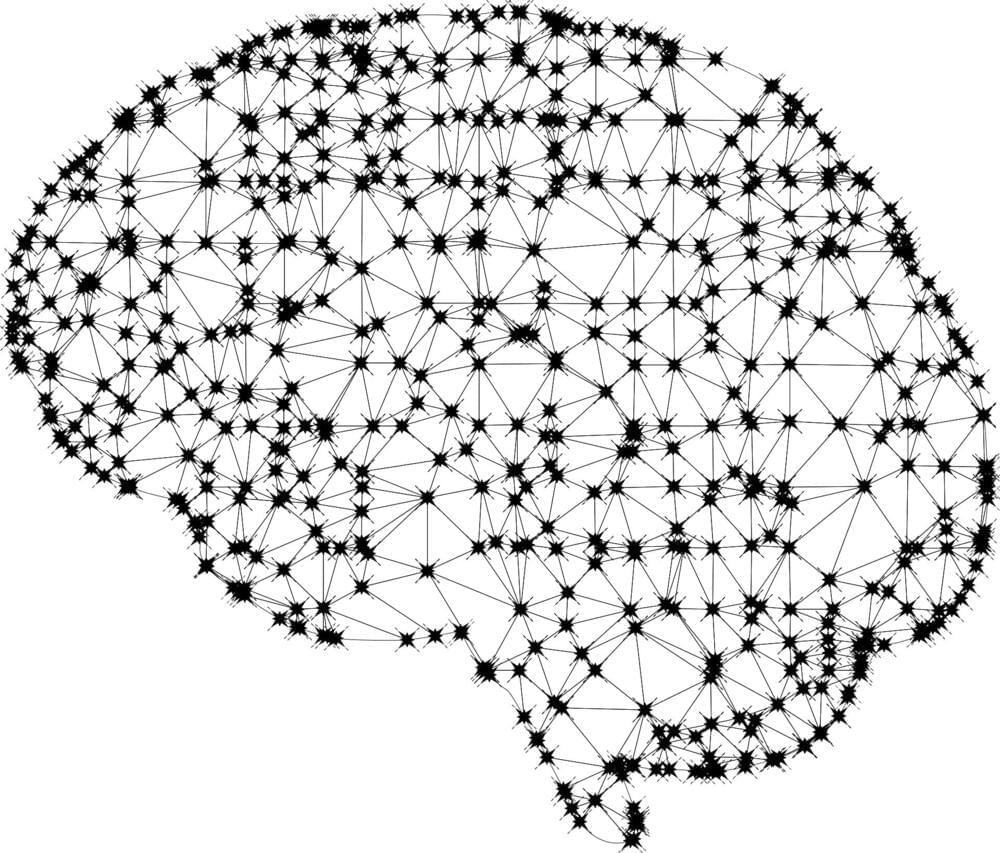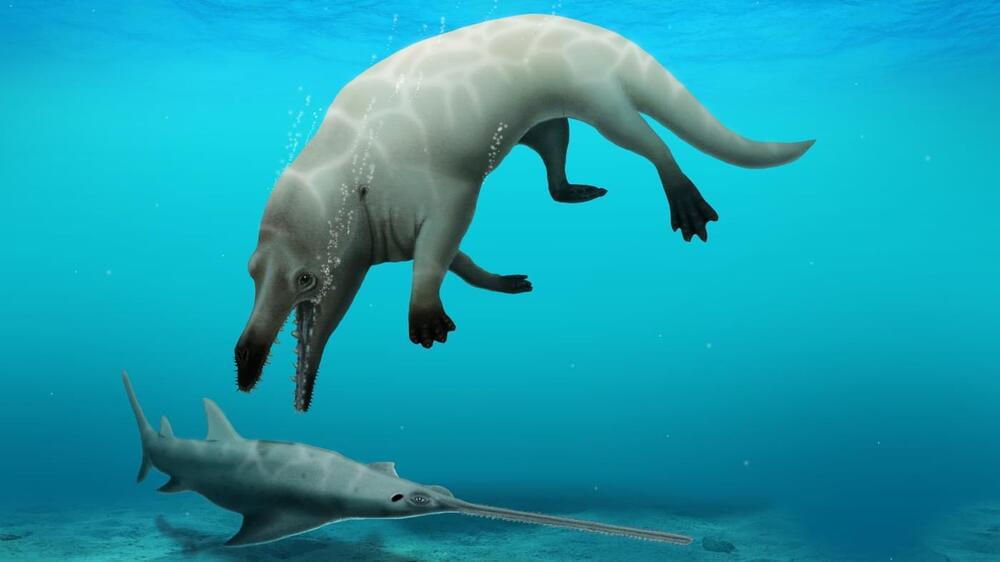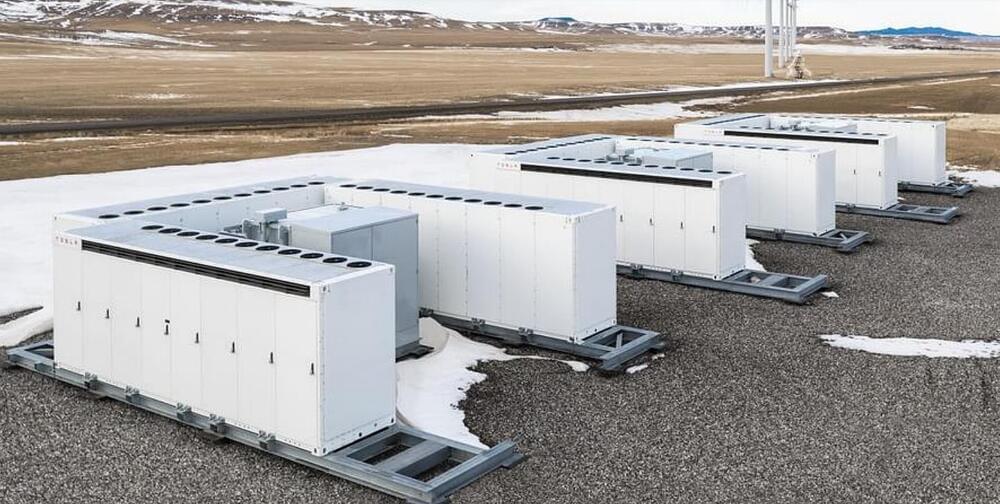Aug 27, 2021
US Army develops new laser weapon to fry drone, artillery threats away
Posted by Dan Kummer in categories: drones, military
Oh, the ways armed forces around the world are working to blast uncrewed aerial vehicles they don’t like. Now the US Army is at that again, putting the finishing touches on a laser weapon that can not only destroy the innards of drones as they fly, but also drop incoming artillery as well.
The Army says it will be mounting the first four field versions of the DE M-SHORAD system on armored vehicles sometime next year, and has added the program to its expanding range of weapons against uncrewed aerial vehicles (UAV) being developed.


